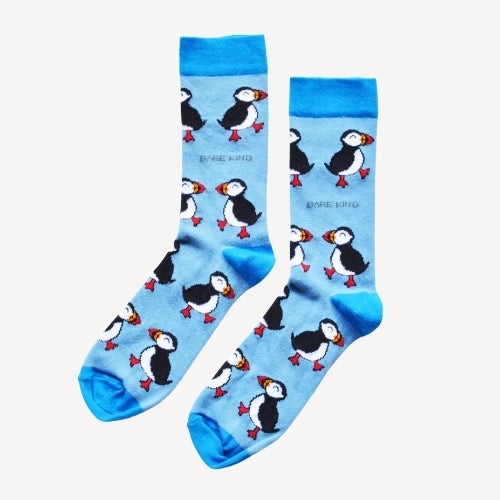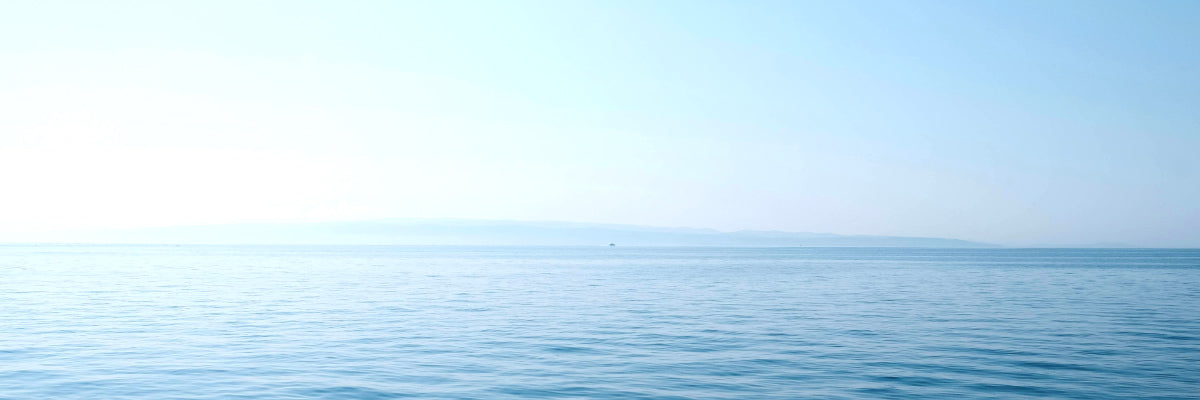
Save the Polar Bears and Walruses, with Sea Trees
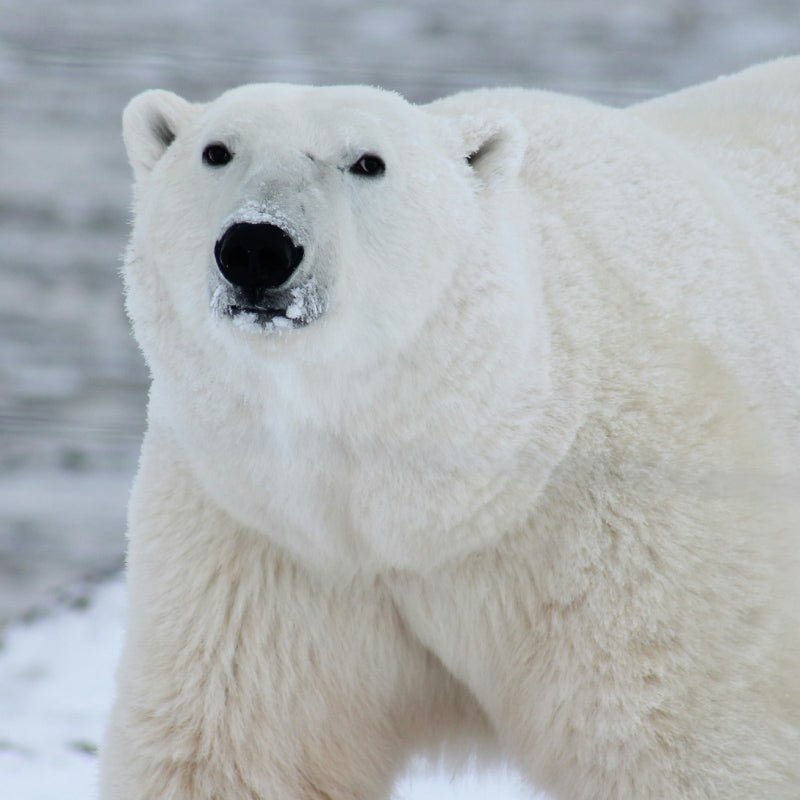
Polar bears are apex predators that reside in the Arctic region, and their survival is critical to the health of the entire Arctic ecosystem. However, the polar bear population is rapidly declining due to the effects of climate change, hunting, and habitat loss. According to the International Union for Conservation of Nature (IUCN), there are currently 22,000-31,000 polar bears left in the wild, and their numbers are expected to decline by at least 30% over the next 30 years.
The primary threat to polar bears is the loss of sea ice, which is essential for their hunting, breeding, and feeding patterns. As the ice melts, polar bears have to swim longer distances to find food, putting them at risk of drowning or becoming stranded. Additionally, the decline in sea ice also affects their prey, such as seals, which leads to malnourishment and starvation. Hunting and pollution also contribute to the decline in the polar bear population, as polar bears are still hunted for their fur and body parts, while pollution contaminates their habitats and food sources. It is crucial to support conservation efforts that work to protect and preserve polar bear habitats, prevent hunting, and raise awareness about the effects of climate change on these magnificent animals.
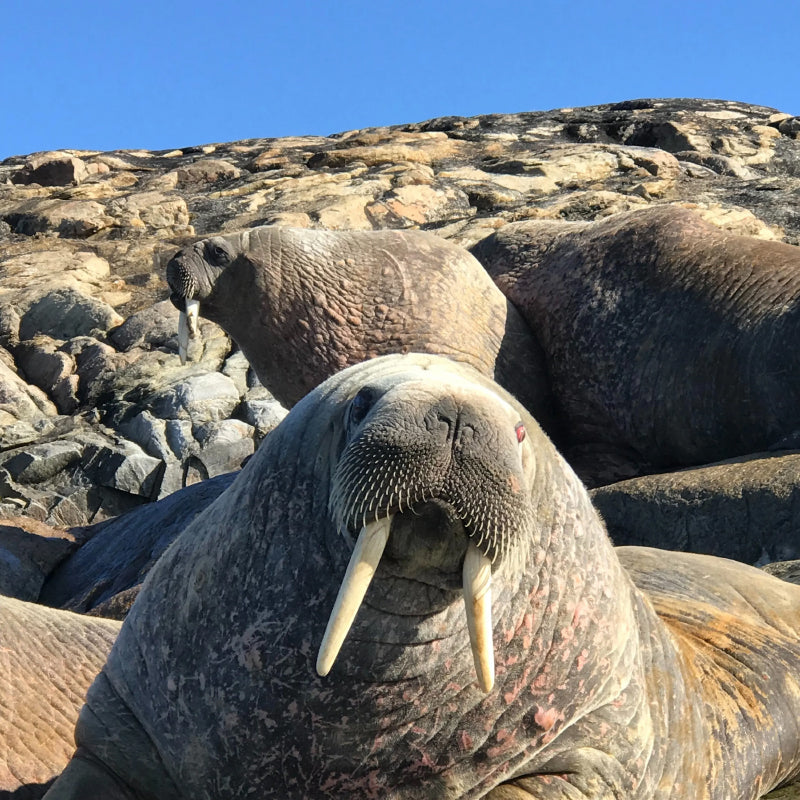
Walruses are large marine mammals found in the Arctic and sub-Arctic regions of the world, and they play a crucial role in the marine ecosystem. These magnificent animals are facing numerous threats, including habitat loss, climate change, and hunting. The Pacific walrus population has declined by more than 50% since the 1980s, and the Atlantic walrus population is also in danger.
The loss of sea ice due to climate change is one of the most significant threats to walruses. These animals rely on sea ice to rest and give birth, and as the ice melts, they are forced to come ashore where they are more vulnerable to predators and other threats. Additionally, hunting for their ivory tusks and meat has also contributed to the decline in walrus populations. It is crucial to support conservation efforts to protect and preserve these incredible animals for future generations.
The Pacific Walrus population has declined by more than 50% since the 1980s, and Polar Bear numbers are expected to decline by at least 30% over the next 30 years.
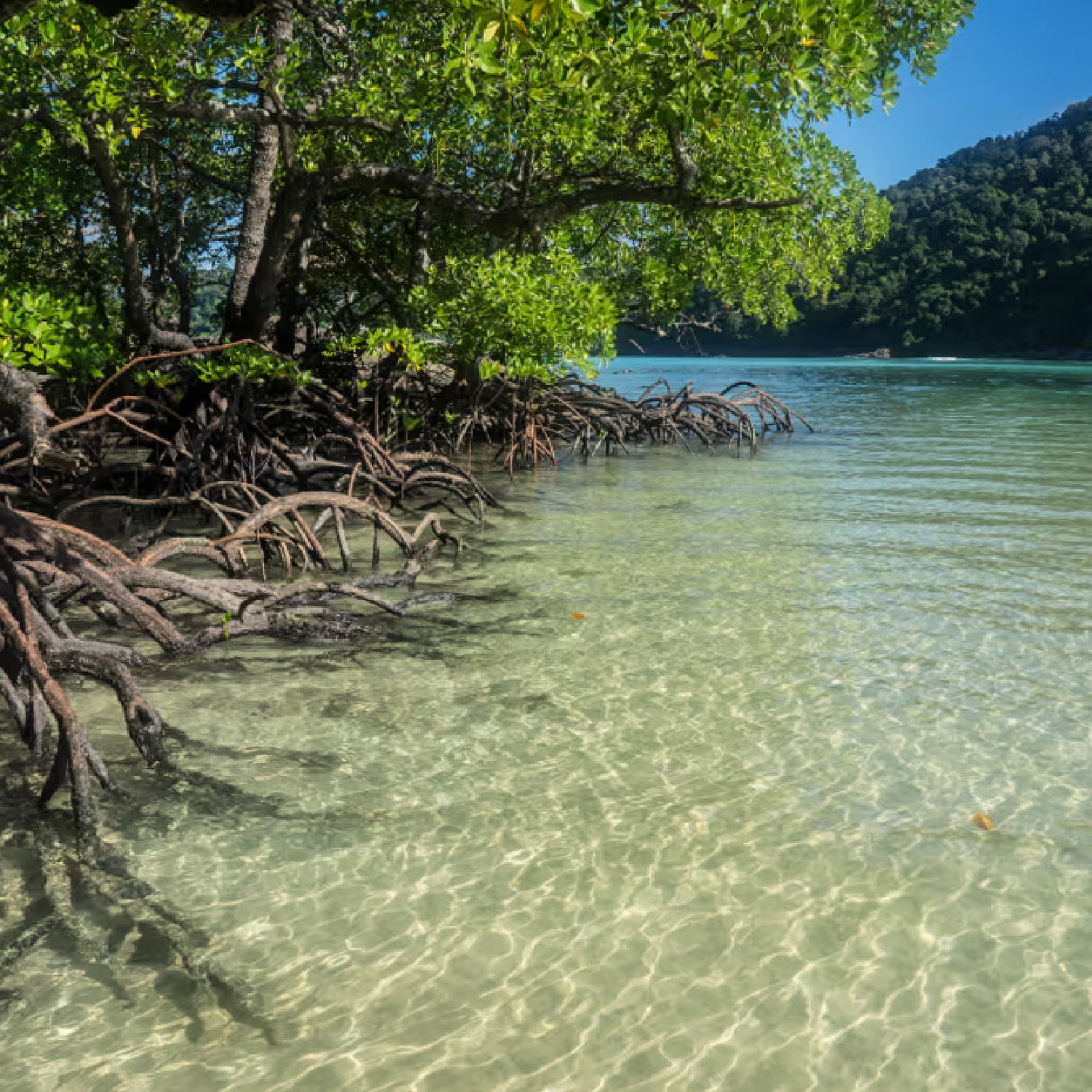
SeaTrees is a non-profit organisation that works to restore and protect blue carbon coastal ecosystems by planting and restoring mangrove forests. They work with local communities and partners to plant mangroves in areas where they have been lost due to human activities or natural disasters. Their aim is to create self-sustaining ecosystems that support local wildlife and protect against the impacts of climate change.
Their work is important because mangroves are incredibly effective at sequestering carbon from the atmosphere and mitigating the impacts of climate change. They also provide critical habitat for a range of marine species, including polar bears and walruses. By restoring mangrove forests, SeaTrees are helping to protect vulnerable coastal communities from the impacts of sea-level rise and extreme weather events, while also supporting local economies and providing opportunities for sustainable livelihoods.
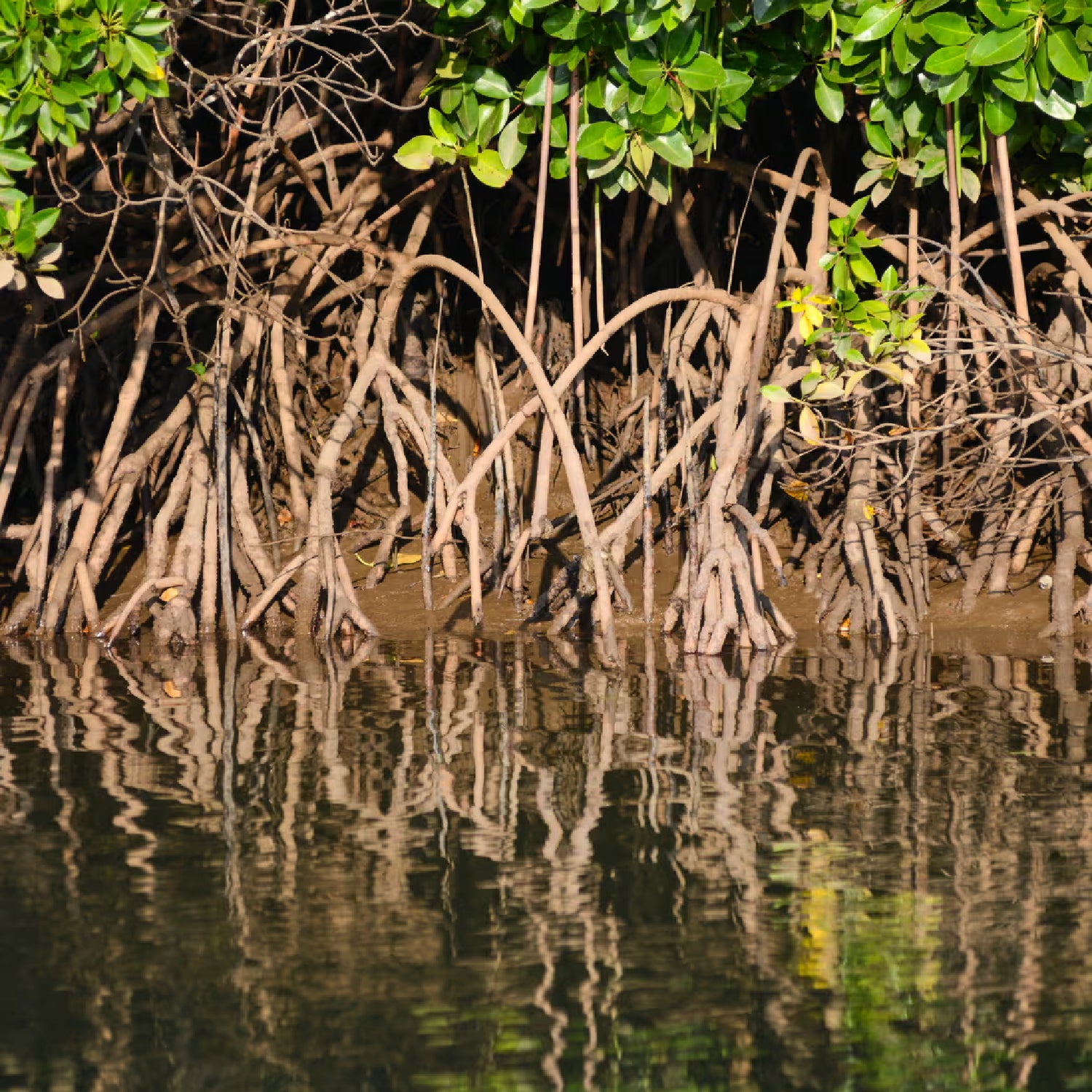
Planting mangrove trees can help protect the habitats of polar bears and walruses in several ways. Firstly, mangrove trees are important in mitigating the effects of climate change. They absorb carbon dioxide from the atmosphere and store it in their roots and sediment, which helps to reduce the amount of greenhouse gases in the atmosphere that contribute to climate change.
Secondly, mangroves act as a buffer against coastal erosion and storm surges, protecting the habitat of both polar bears and walruses. As sea levels rise and storms become more severe due to climate change, coastal erosion and flooding can cause destruction to the habitats of these animals.
Thirdly, mangroves provide food and shelter for many of the species that these animals rely on, including fish and crustaceans. These species make up a significant portion of the diet of both polar bears and walruses, and their survival is directly linked to the availability of these food sources.
Overall, planting mangrove trees can have a positive impact on the habitats and survival of polar bears and walruses in the face of climate change. It helps to reduce the effects of climate change, protect their habitats from erosion and flooding, and support the food chain that these animals depend on.
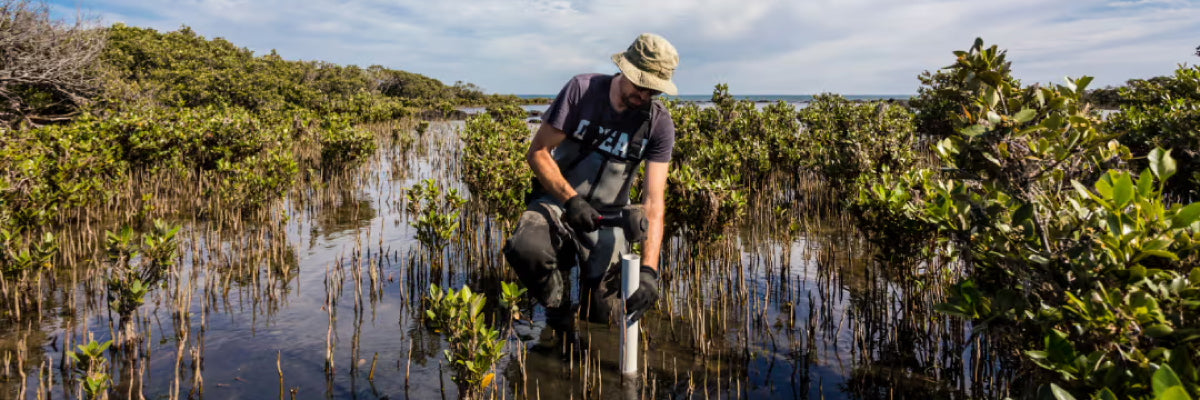
We funded the planting of 110 mangrove trees.
We donate 10% of profits from your polar bear, walrus, and octopus socks to
Save the Walrus Bamboo Socks
Share
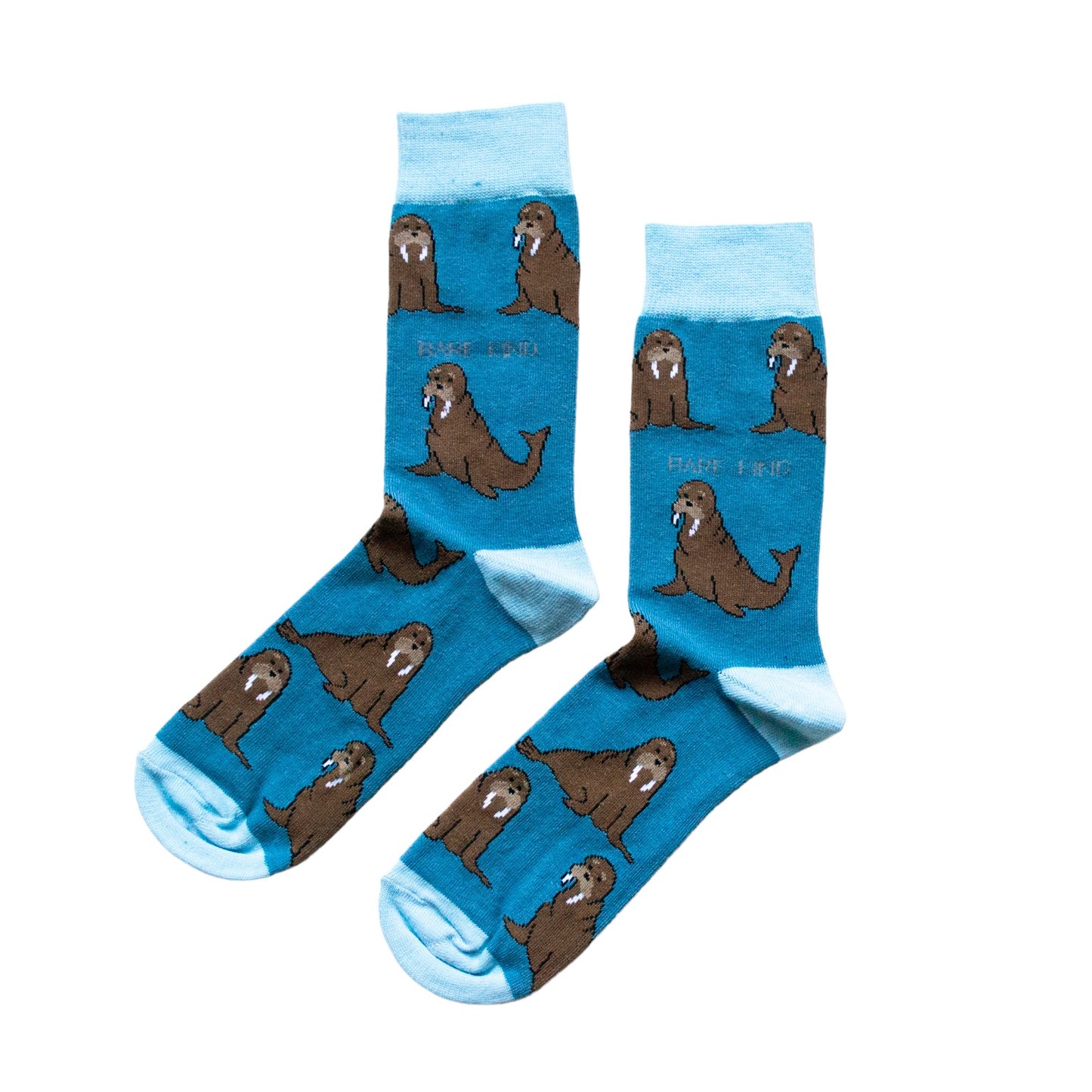
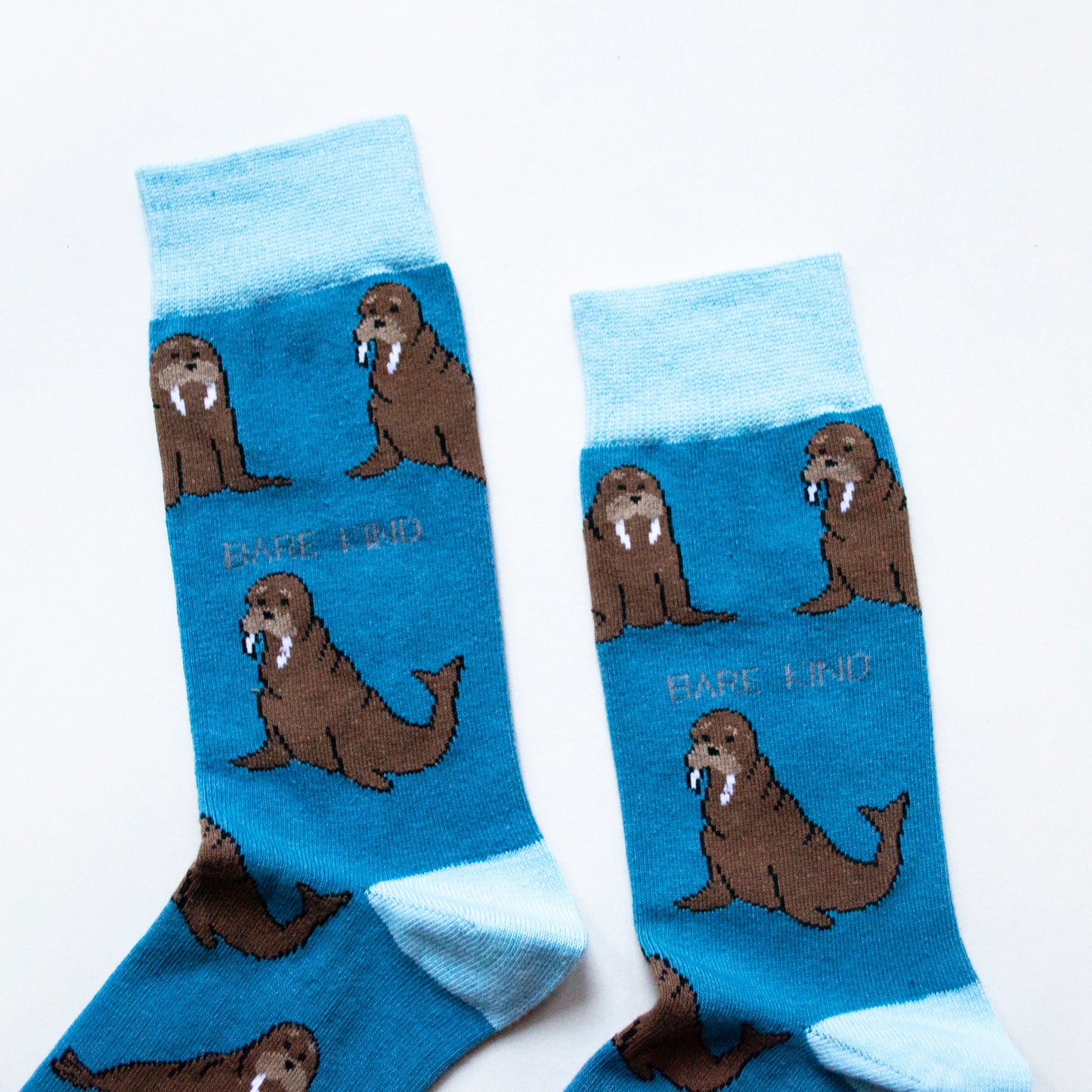
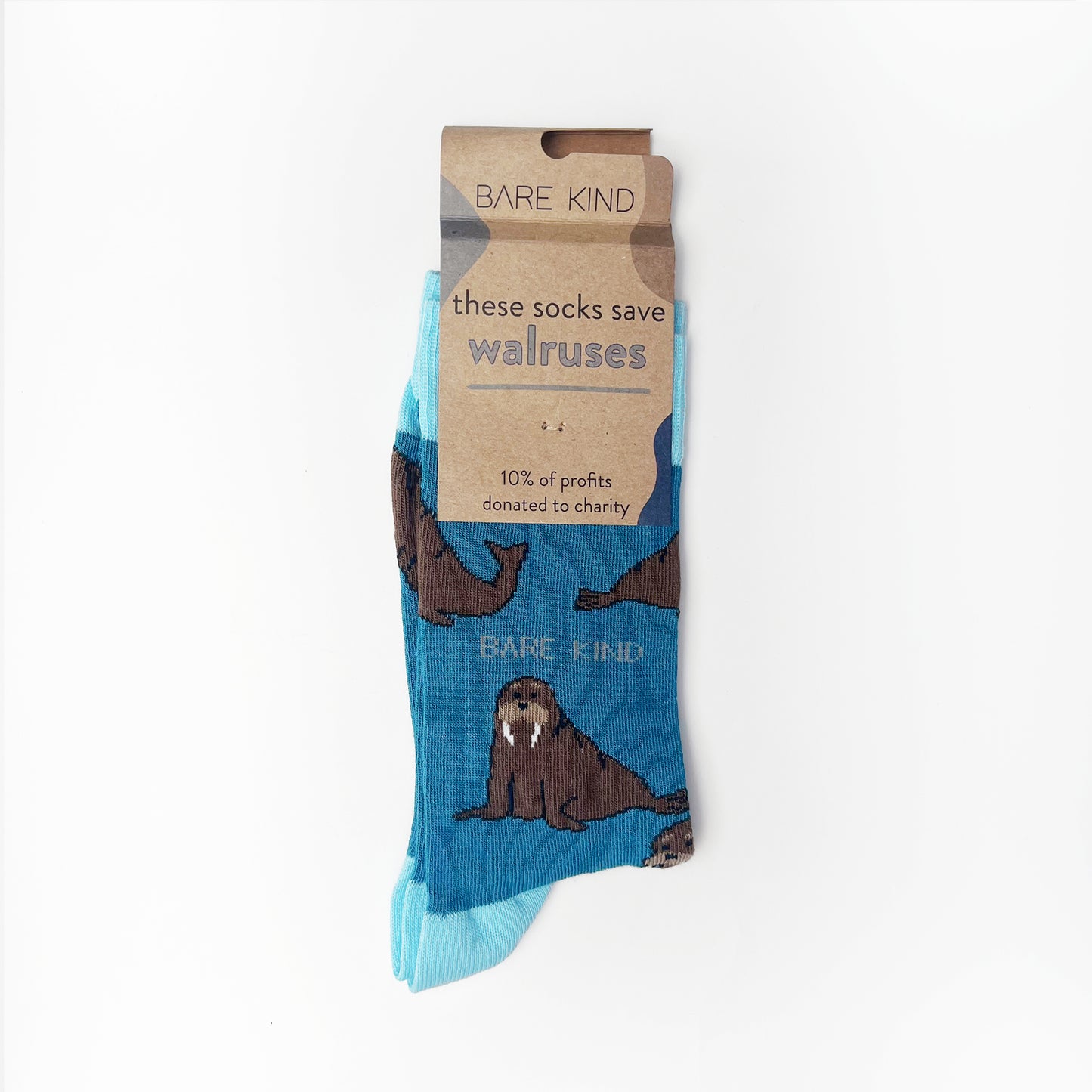
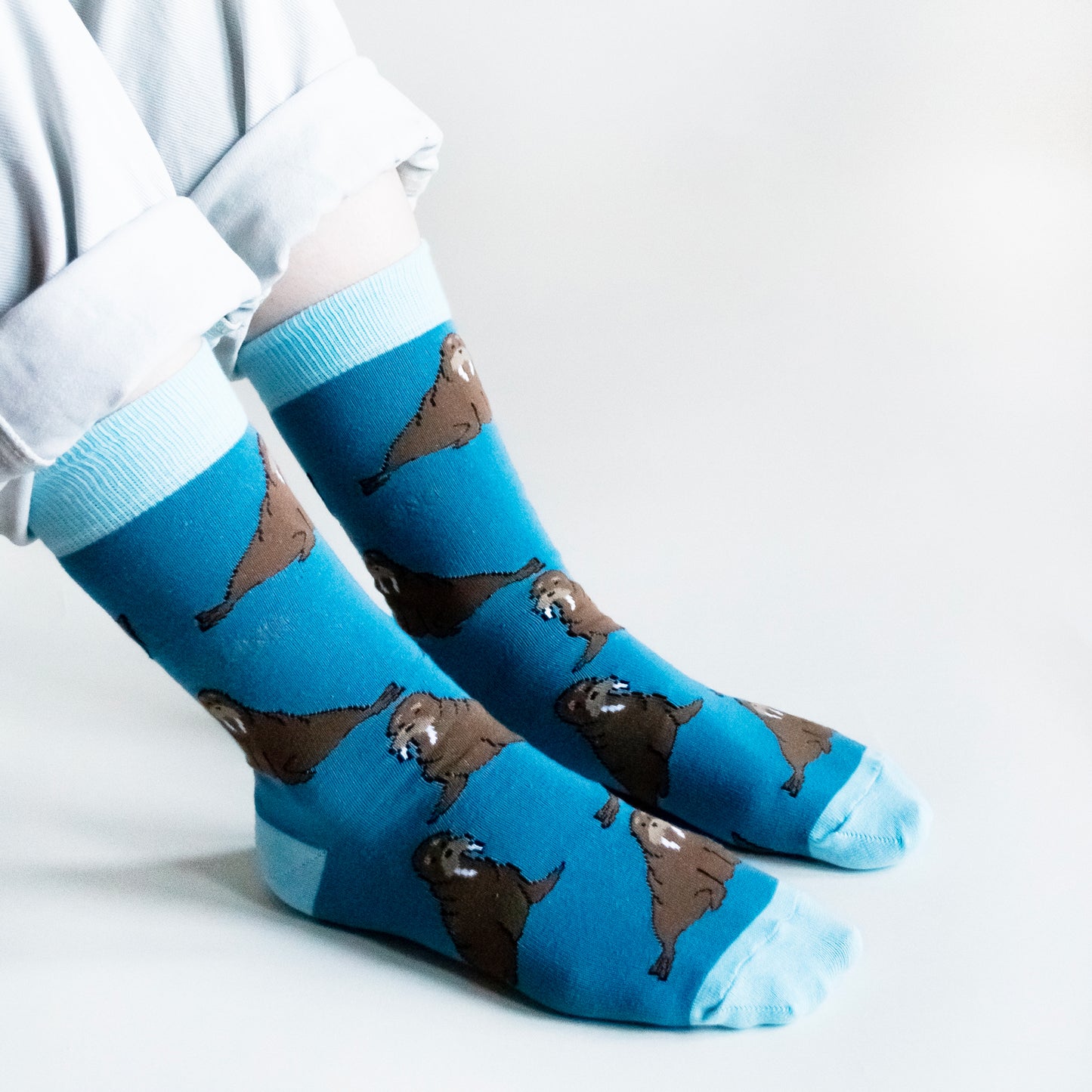
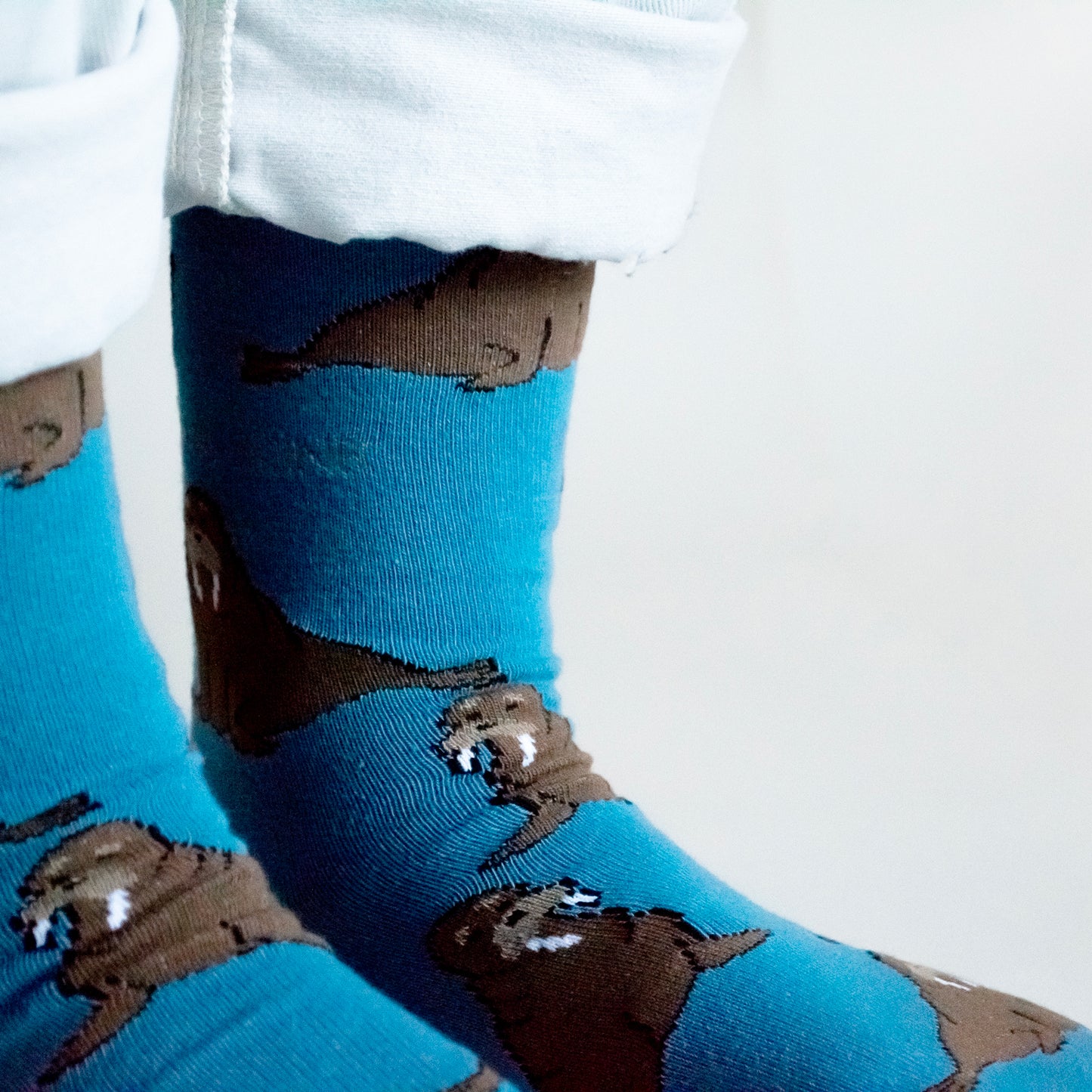
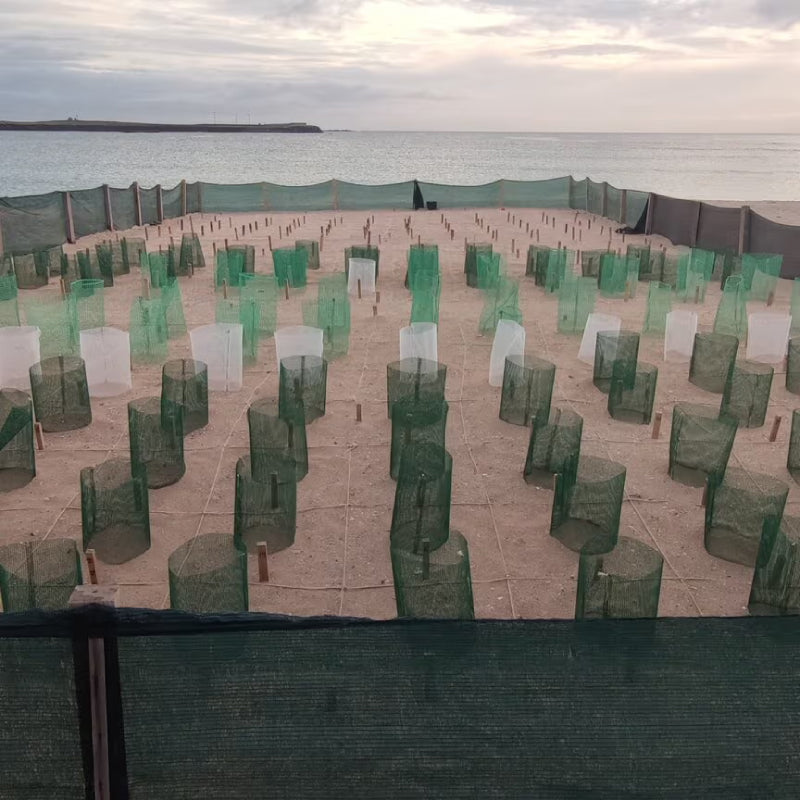
Our Philosophy
Restoring the biodiversity of our planet and its varied species is at the core of Bare Kind’s mission. By donating 10% of gross profits to charities that support the animals on our socks, we can continue fighting the fight against species extinction.
Bare Kind has been able to achieve an all-time high of donations in recent years. The business expanded its sock range to 40+ pairs and supports 35+ charities.
Our Charity Impact Reports highlight the projects we have been able to fund with our charity partners and the incredible animals we support.
Our hope is that something as humble as a pair of socks can make a lasting impression on our world and change it for the better. A huge thank you goes out to all our customers who have wanted to make a difference and empower the restoration of our planet with their socks.
